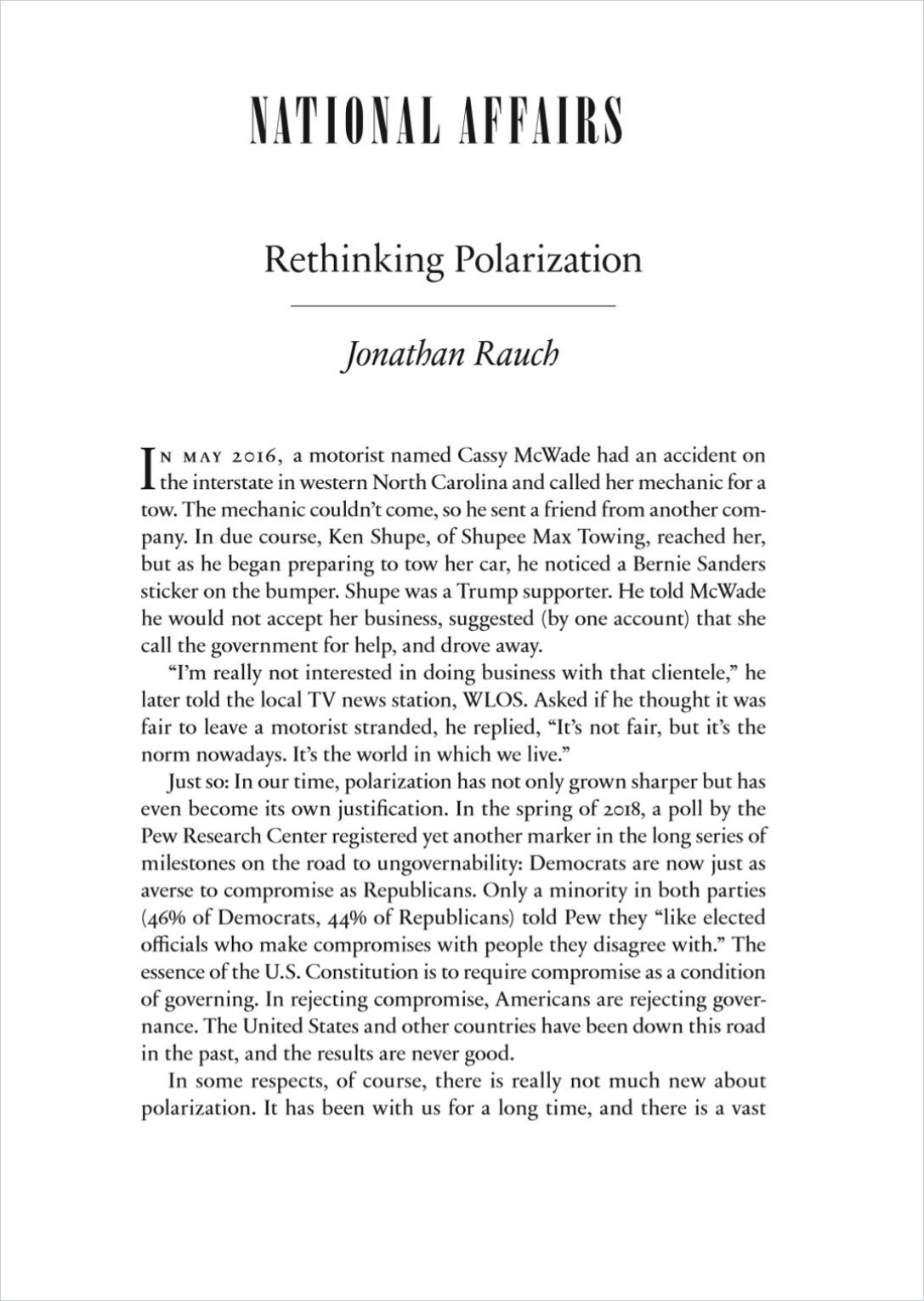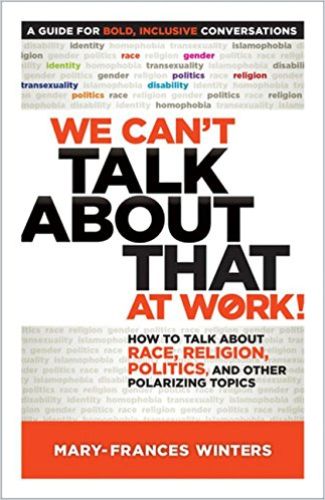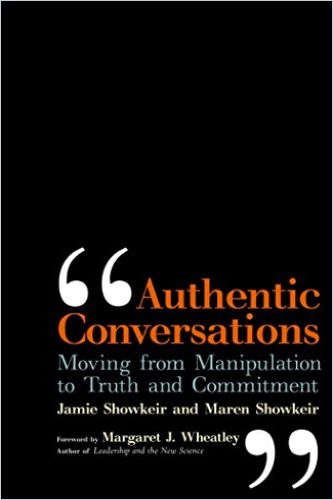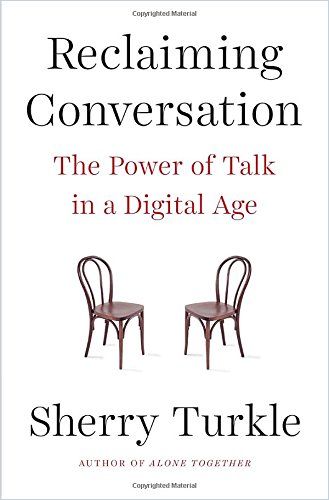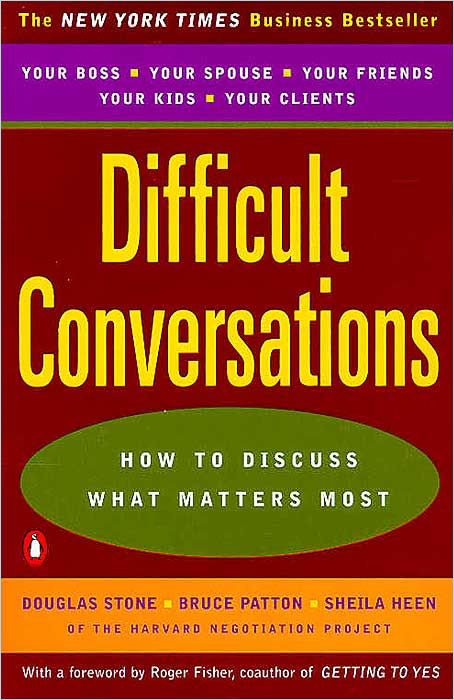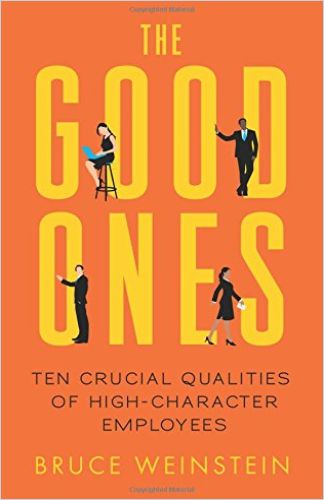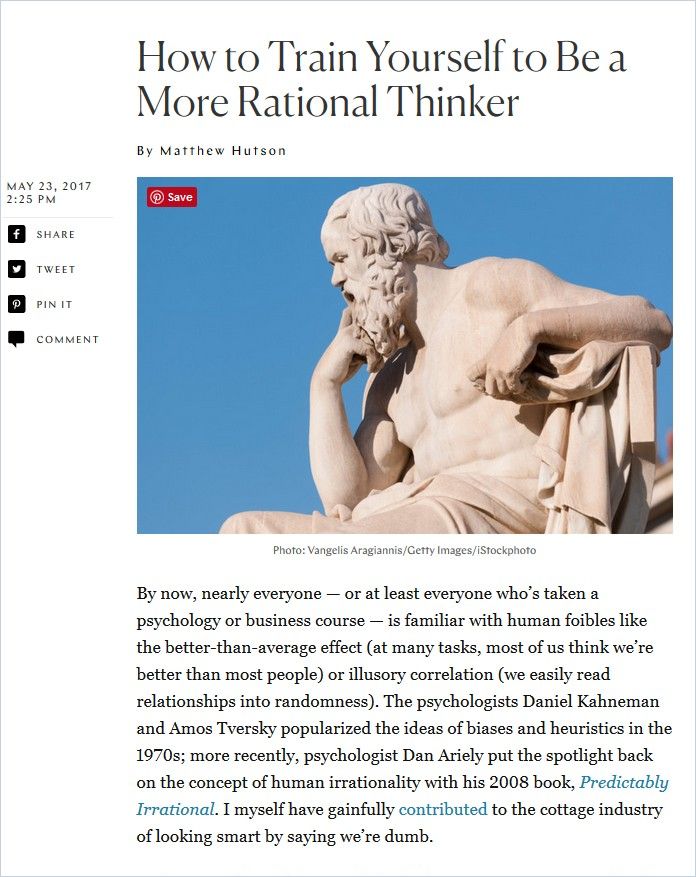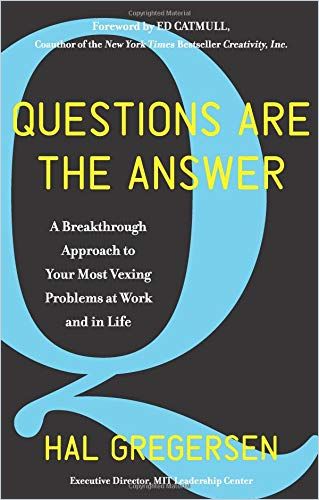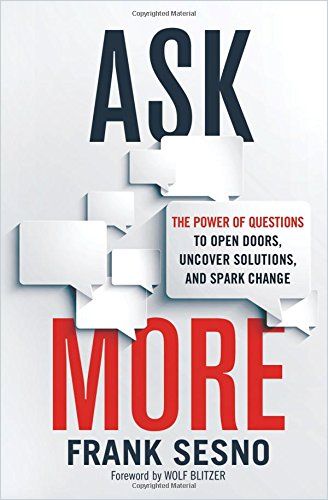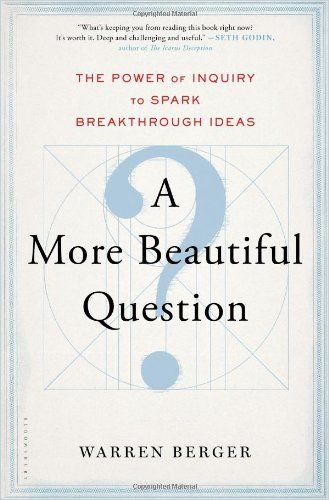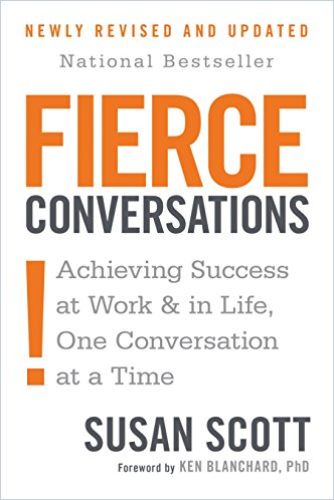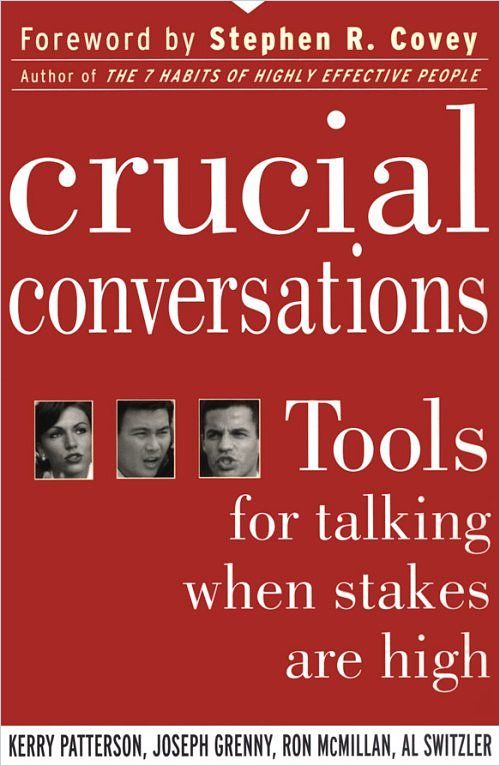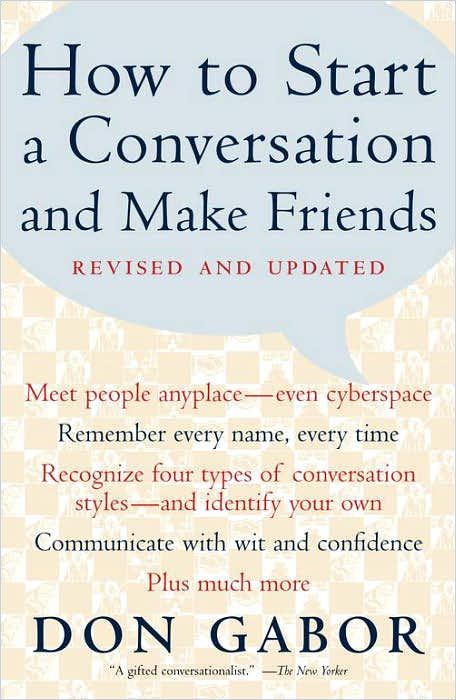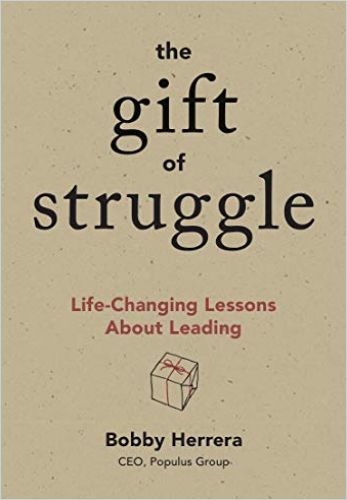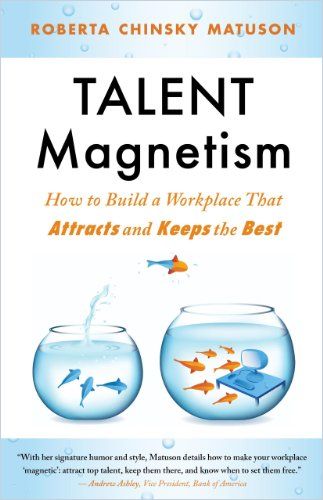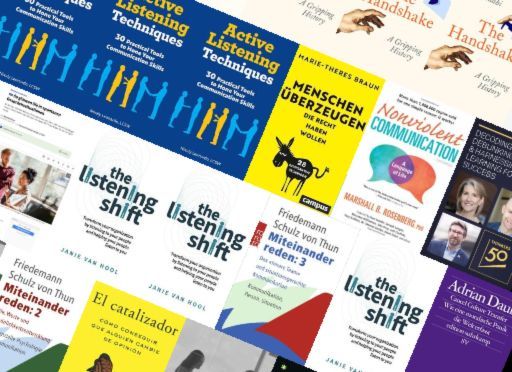How to Deal with Political Discussions in the Workplace

When the tension is high, and this is always the case before elections, cases of politically motivated conflicts in the workplace also increase. Mueller from Finance is known for always being in favor of lowering taxes – but in view of the current pandemic, your opinion is that more state reserves need to be built up? Smith from Marketing recently said that there is a lot to be learned from the president’s Twitter account in terms of viral guerrilla marketing – and all you could do was shake your head? And how many times did Simon from HR actually show up uninvited at the lunch table last week to promote the president’s opponents? Is this necessary? Is it appropriate? And how should you react?
Well…let’s begin by saying that sometimes it is especially useful that getAbstract is a Swiss company. In Switzerland, the average citizen goes to the ballot box four to six times a year to vote – on very specific political proposals, but also on local and national democratic representative bodies. In the days and weeks before these votes and elections, they are the dominant topics in all daily newspapers, on television, on the radio, at the regulars’ table and on the playground.
In short, those who live here have a lot to do with political dissidents, are asked about political attitudes regularly and must be able to present their own arguments, often. Especially in the workplace.
Unfortunately, in many other democracies, especially in those where the political spectrum is not as broad as in Switzerland and the whole system tends to polarization, more and more people tend to hold back from expressing their personal opinions in public, which makes even more room for those who do exactly the opposite.
That’s why ideas have evaporated from public life, and the corridor of what can be said and must not be said is narrowing. That’s dangerous, because ideally, we should all engage in open, forthright and active communication.
Some companies have already addressed their concerns about this development by initializing broad discussion panels or company-wide conversation series. No matter whether you intend to follow the institutionalized examples or become active in your immediate environment yourself, silent withdrawal cannot be an option.
This applies particularly in times when political parties are moving away from each other, critical issues are on the agenda and the waves are rising. How do we deal with this? How do we deal with those who think differently, who we do not understand (or at least, less and less often), who seem morally unreliable, or whose position we reject outright?
Start with Yourself!
Good conversations, and this applies especially to political ones, include the need for a standpoint from which both sides can engage. If this position is well-founded, arguments can be productive. If you have a problem with someone else’s point of view, it is advisable to look first at your own – and examine the differences between the two of you. Only when this is clear can you talk rationally to each other.
Find out what annoys you, and why – and how you can make your point of view clearer in a conversation without getting carried away or attacking the other person just for his or her attitude. Learn to understand and accept points of view that contrast to your own – that is not the same as adopting them. Consciously overcome discursive rifts by signaling to the other person that you can understand and accept his or her position in principle, but then make your point, calmly and objectively.

Inform yourself about discussion points, and check your own fundamentals before you deal with the foundations of the opponent’s arguments. Gut feeling is no substitute for your own mental work.
You can never be sure that you know why the other person thinks the way he/she thinks. Try to put yourself in his or her shoes. Be content with simply listening from time to time, and plan to hear out the person’s story to achieve a level of shared meaning. This way you will also uncover illogical or ideological patterns – in you and in others.
When you speak to each other, it is important to speak at eye level – that is, as long as the subject is not below the belt – because even the best understanding must stop somewhere. Before you get to your “red line,” try to ask good questions instead of making speeches.
Ask the Right Questions
Do you know what they say about the Swiss? They tend to be slow and stoic. It may be that some mountain farmers express these traits in rocky solitude, but, in general, there is a misunderstanding here: In Switzerland, people like to let each other finish, then think about what they have said or heard – and only then do they respond. As you can imagine, this procedure takes time. In Switzerland, much more is asked than preached, whether in the village pub or at lunch in the company. In Swiss German, people even lift their voice towards the end of most simple sentences – something that, in school German, characterizes question sentences only.
So, try to be more Swiss to smooth out a tricky conversation: Ask questions, let people speak, and only then, react. Never shout. Shouting is as un-Swiss as it is counterproductive.
Make Your Point!
If you have questioned yourself, and have then let your counterpoint speak, you are ready: Make your point! Work with good examples, references, point out contradictions and stay calm. If someone interrupts you, point out that you would also like to speak – but remain calm and objective.
You will find that the sources you cite are not beyond doubt in every situation. You will find that parts of your argumentation cannot and will not be understood – but that’s only of limited importance: It is important to set a good example in discussions. If they don’t lead to anything, you can always stop them.
This measured approach and trying will, in itself, help ease the situation. Others will follow your example. Maybe not just Mueller from Finance. But a good, pleasant, objective discussion culture can be established in your company if other employees are inspired to act in a similar way. In polarized times, such cultural lighthouses are especially valuable.
What to read next:
